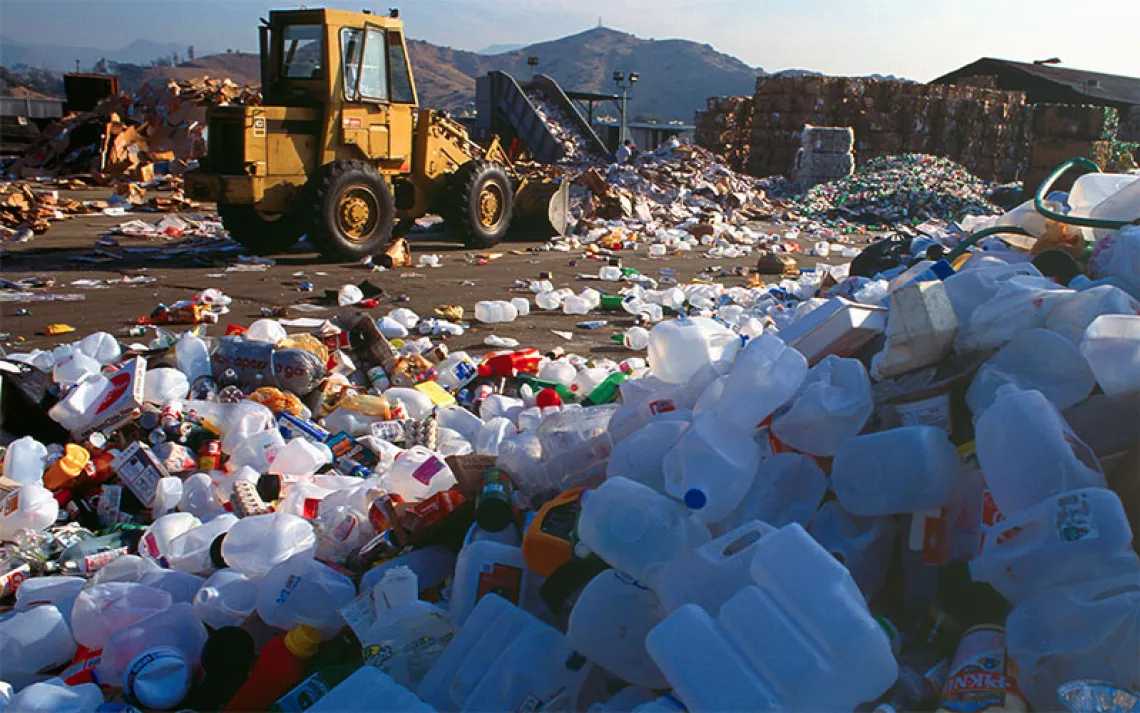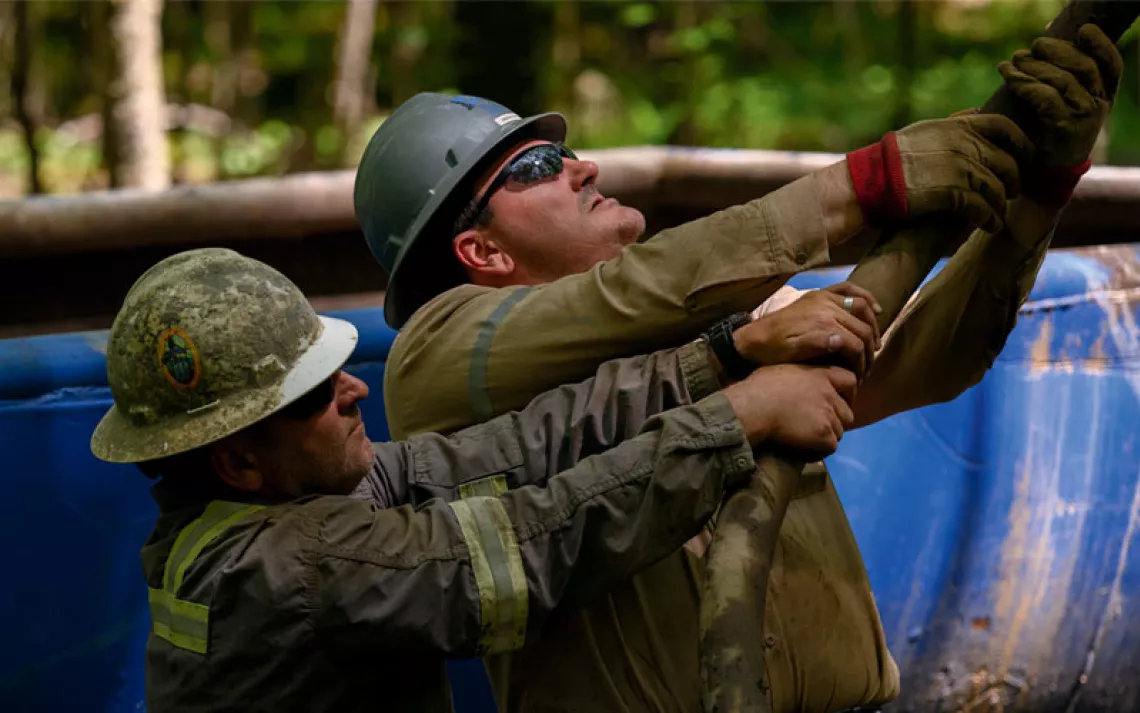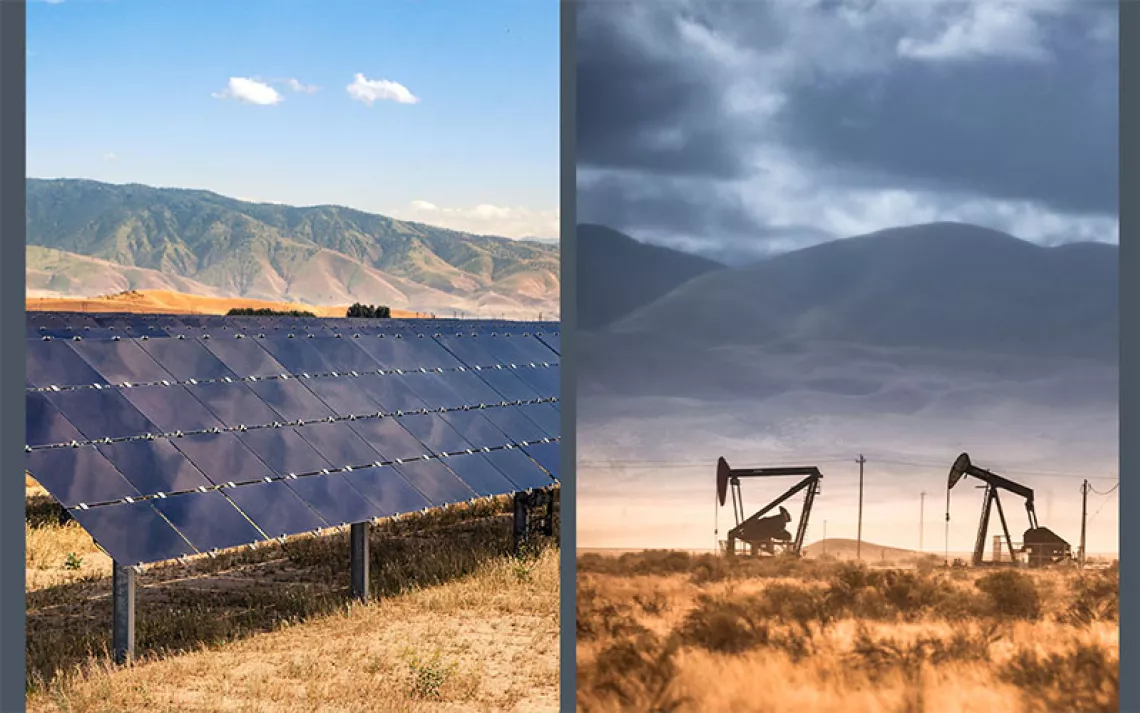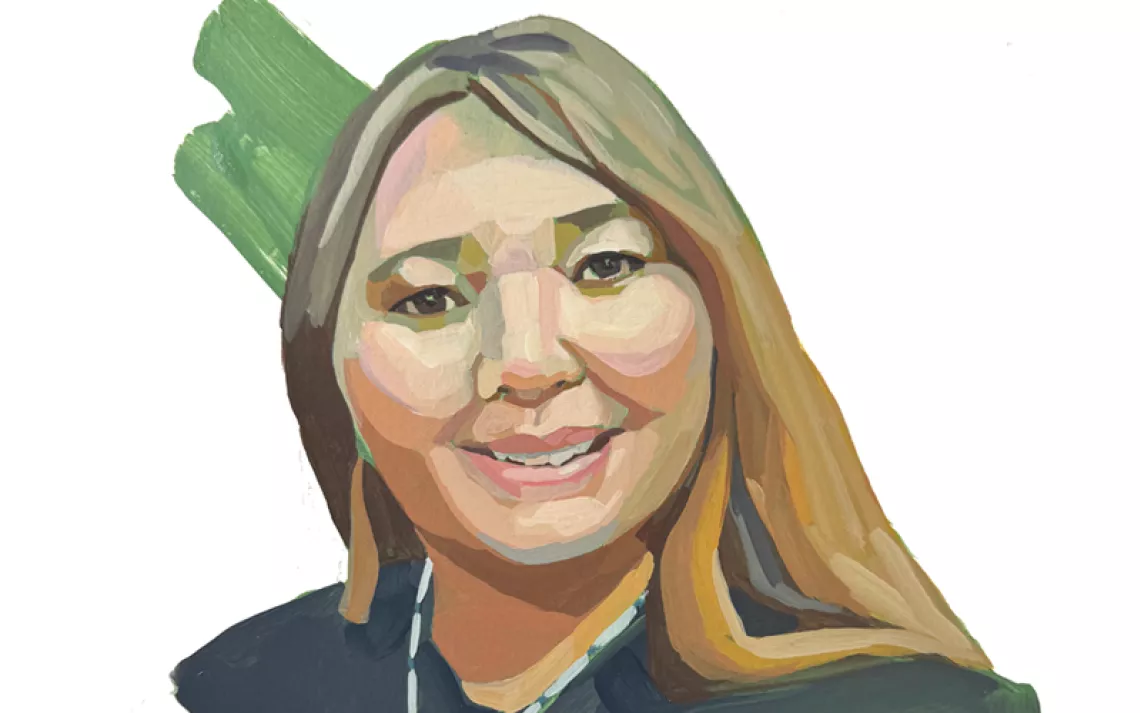#ExxonKnew: The oil-and-gas giant faces new scrutiny over climate change denial
State attorneys general are investigating whether ExxonMobil hid its own internal climate change science from its investors.
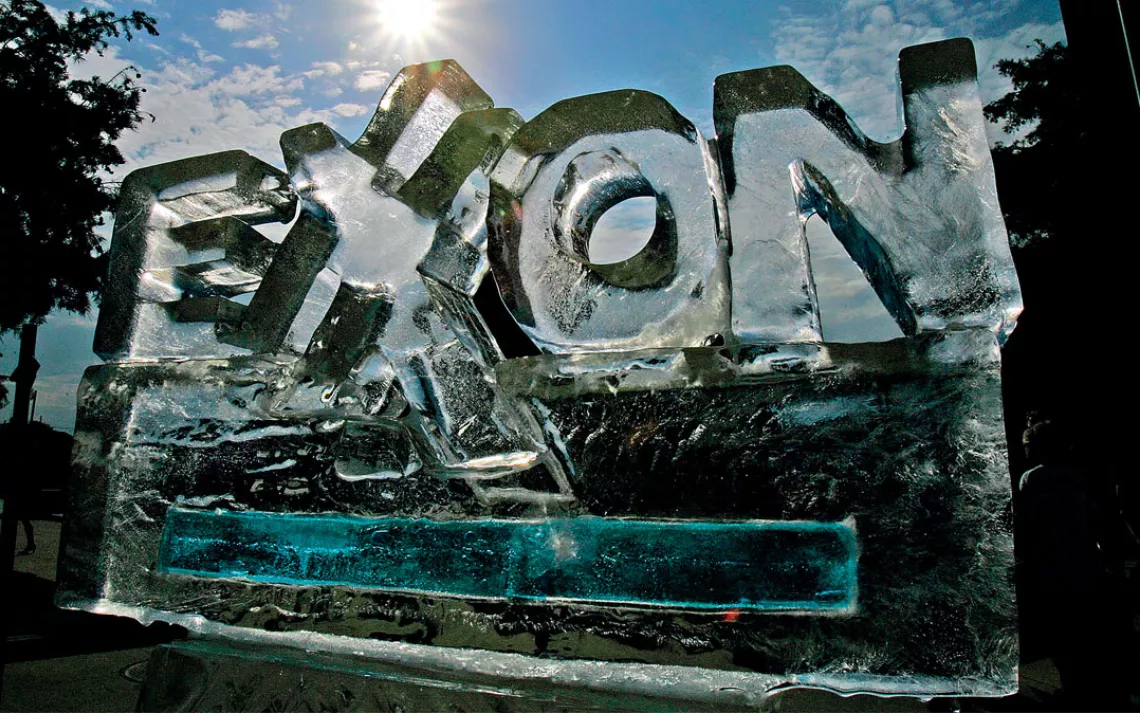
ExxonMobil's reputation is melting under the glare of revelations about a climate science coverup. | Photo by AP Photo/LM Otero.
It's a long-standing axiom of U.S. politics that, when it comes to public figures breaking the law, the coverup is worse than the crime. Richard Nixon's freelance spooks attempted burglary when they broke into the Democratic Party's headquarters, but it was Nixon's scorched-earth campaign to conceal his wrongdoing that drove him from office. Bill Clinton might have dodged impeachment had he not engaged in a clumsy denial about his Oval Office philandering. The American public, apparently, will tolerate crooks and creeps but not liars.
Now, the oil and gas giant ExxonMobil is learning that lesson the hard way.
Last year, a pair of investigative reporting teams independently uncovered proof that, as early as 1977, Exxon executives knew that carbon dioxide emissions from burning fossil fuels were contributing to global climate change. (In 1999, Exxon and Mobil merged to become ExxonMobil, reuniting the two biggest arms of John Rockefeller's old Standard Oil empire.) In September 2015, InsideClimate News, a Pulitzer Prize-winning news site, began publishing a series of investigative articles showing that in the late 1970s and early '80s, Exxon scientists were at the forefront of climate research, even using an Exxon oil tanker to measure CO2 levels in the oceans and the atmosphere. In a 1982 memo that circulated among company executives, Exxon's environmental affairs manager reported that addressing the greenhouse effect "would require major reductions in fossil fuel combustion" and that without the reductions "there are some potentially catastrophic events that must be considered."
Then a Los Angeles Times team revealed that in the late 1980s, Exxon scientists studied global warming's impact on the Arctic to see how melting ice might affect the company's oil-drilling operations. Greenhouse gases are increasing "due to the burning of fossil fuels," an ice researcher with Exxon's Canadian division told a group of engineers at a 1991 conference. "Nobody disputes this fact."
The revelations—call them the smoking gun in the form of dusty, old scientific papers—are especially damning given Exxon's long-running effort to sow doubt about the accuracy of climate science and its financial support for organizations spreading climate change denial.
Today, ExxonMobil publicly acknowledges the reality of human-driven climate change. But for many years, the company was a prominent climate change denialist. During a 1999 Exxon shareholders meeting, then-CEO Lee Raymond waved away climate science as "sheer speculation." A study published last year in the Proceedings of the National Academy of Sciences confirmed that ExxonMobil has been one of the largest funders of groups that have fueled the political polarization of climate science. According to figures compiled by Greenpeace USA, between 1998 and 2014 the company gave at least $30 million to such groups.
Fossil fuel industry watchdogs say that the news about ExxonMobil's decades-long awareness of the severity and causes of climate change could destroy the company's credibility. "You shouldn't really take this company at its word," says David Turnbull, campaigns director at Oil Change International, a research and advocacy group. "Any doubt people had about whether they were being intentionally deceitful should be wiped away."
ExxonMobil's deception might be dastardly, but is it illegal? At least two state attorneys general think it might be—and the U.S. Department of Justice is considering an investigation as well.
Last fall, New York attorney general Eric Schneiderman launched a probe into whether ExxonMobil committed fraud, and his office has issued subpoenas for internal company records. California's attorney general, Kamala Harris, is also looking into the company's actions. And after prodding from some members of Congress, the Justice Department asked the FBI to look into the matter, the first step toward a possible federal investigation.
The state attorneys general investigations have prompted comparisons to the AG campaigns against Big Tobacco in the 1990s. Peter Lehner—chief of the New York attorney general's Environmental Protection Bureau from 1999 to 2006 and now a senior attorney with Earthjustice—says the inquiries are likely focused on whether Exxon lied to its shareholders. It's one thing to mislead your customers, but very hard to prove damages in such a case. Lying to your shareholders? That in itself is illegal, regardless of whether the shareholders were harmed by being misled.
"New York law allows the AG to investigate deceitful statements to shareholders," Lehner explains. "Exxon said, 'Climate change is nothing to worry about. It's not going to cause us any problems.' The AG doesn't have to prove that shareholders were harmed. The AG just has to show that Exxon lied to its shareholders."
Just as important, Lehner says, is that Exxon's private acceptance of climate science elevates its pattern of public climate change denial from a case of negligence to one of intentionality. "A company or person can injure someone perhaps by accident, or sometimes intentionally," Lehner says. "Obviously, in most circumstances, an intentional injury is much worse." What will happen if one of the attorneys general proves that Exxon hid information about climate change from its shareholders? "One remedy would be proving that Exxon was deceitful, which would really change the political debate over climate change."
ExxonMobil might be putting a new twist on that old political axiom. In this case, it's the covering up of climate science that is the crime.
 The Magazine of The Sierra Club
The Magazine of The Sierra Club
